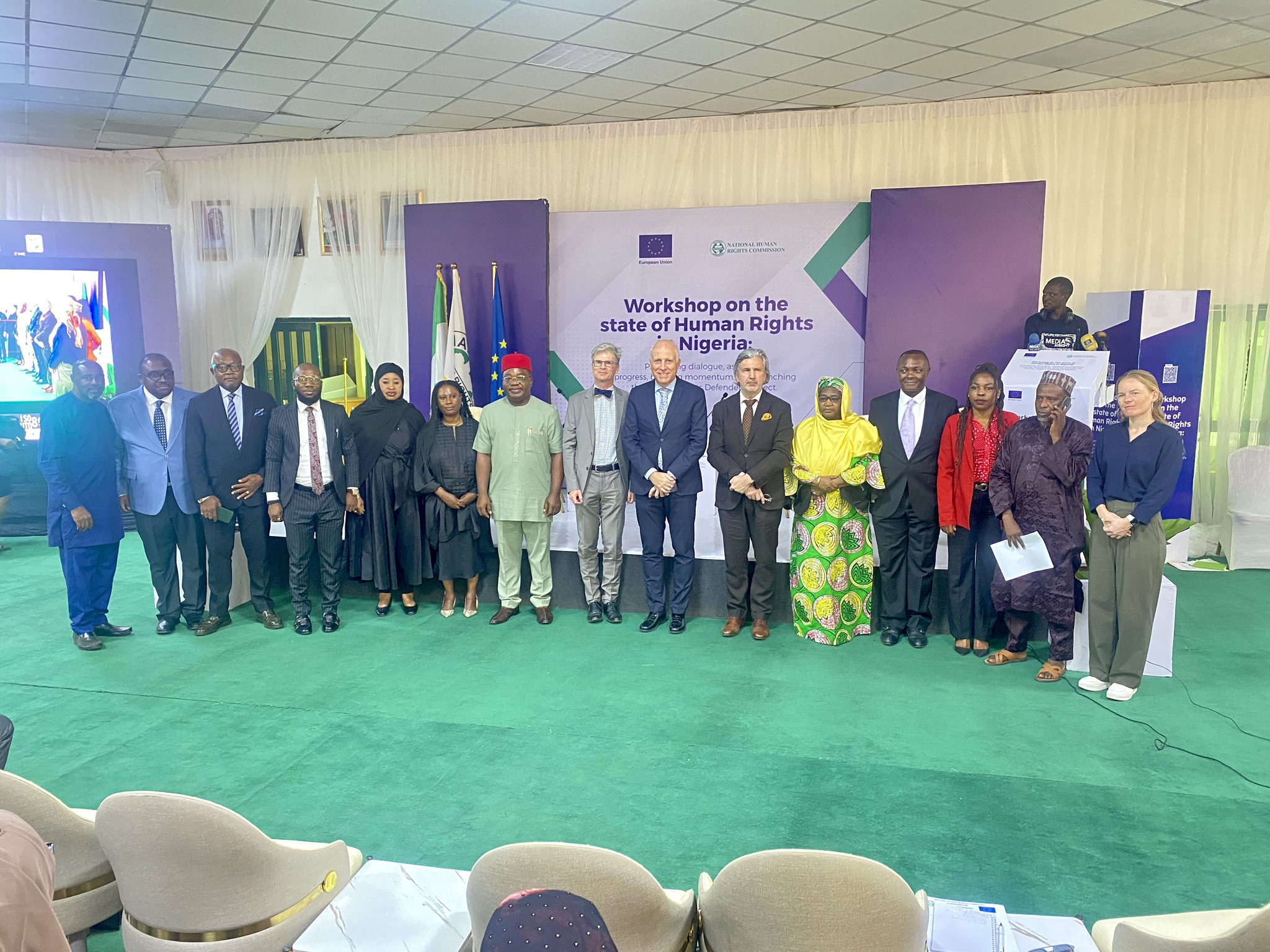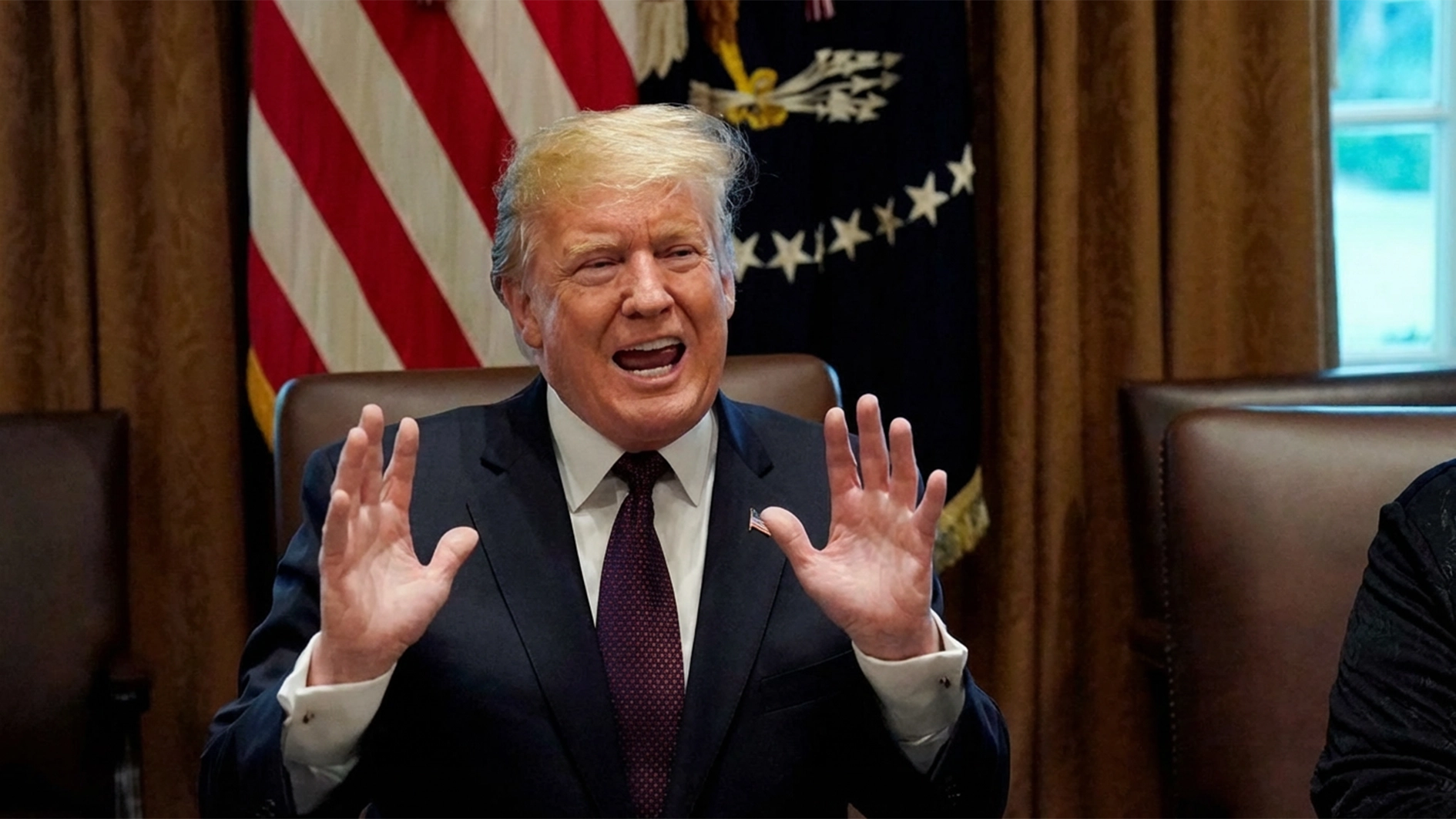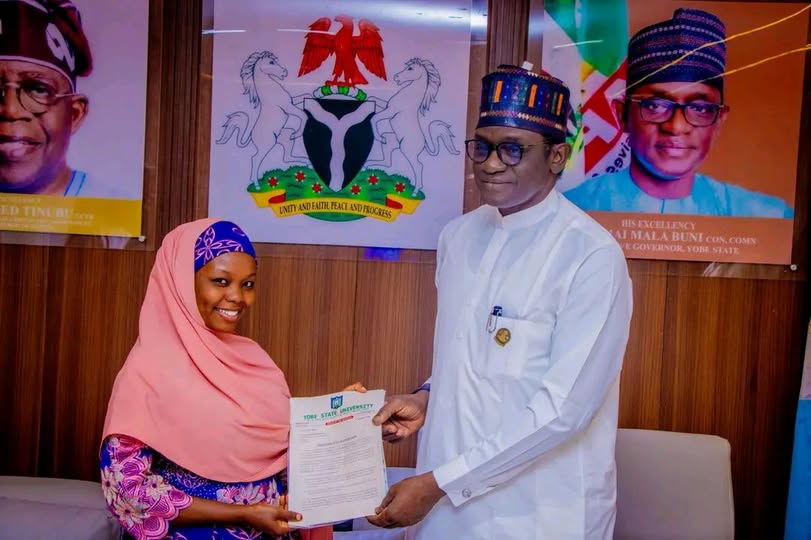
The National Human Rights Commission (NHRC) on Wednesday presented alarming statistics exposing a sharp rise in kidnappings, killings, and child abandonment across the country.
The data were presented at a civil society consultation on human rights in Abuja, organised by the NHRC with support from the European Union.
The event, which also marked the inauguration of the Human Rights Defenders Forum, underscored the urgent need for systemic reforms to protect Nigeria’s vulnerable populations.
Data presented by NHRC’s human rights adviser, Hillary Ogbona, revealed an unrelenting wave of violent crimes and rights violations.
In January 2024 alone, Nigeria recorded 150 kidnappings and 55 killings, alongside 15 cases of hate speech. February brought a surge, with 215 kidnappings, 106 killings, and 550 cases of child abandonment. By March, the numbers reached unprecedented levels, with 499 kidnappings, 172 murders, and 323 abandoned children.
The crisis worsened as the months progressed. By July, 3,300 children had been abandoned, while 37 law enforcement officers lost their lives.
September data also showed 113 kidnappings, 141 murders, and 2,723 child abandonment cases—all pointing to a dire security and rights situation nationwide.
Dr. Tony Ojukwu, Executive Secretary of the NHRC, addressed the consultation, expressing grave concern over the escalating numbers.
“The statistics reflect an undeniable crisis in public safety and human rights in Nigeria,” Ojukwu said, stressing the urgent need for decisive action to protect citizens, especially the most vulnerable, from a worsening wave of violence and neglect.
Ojukwu noted recent events that illustrate Nigeria’s deteriorating human rights environment, including the #EndBadGovernance protests and the arraignment of minors in Abuja.
He also pointed to findings from the Special Independent Investigative Panel on Human Rights Violations in counter-insurgency operations in the Northeast, which further underscore the country’s deep-rooted human rights issues.
Representatives from the European Union present at the event reiterated their commitment to supporting Nigeria in overcoming these challenges.
Discussions covered key issues such as digital rights, protection of civil liberties, and support for human rights defenders—all deemed vital for consolidating democracy in Nigeria.
As the forum concluded, Dr Ojukwu urged civil society groups and government officials to treat the data as a call to action, warning that without immediate, collaborative intervention, Nigeria’s human rights situation would continue to deteriorate.
He emphasized that a united effort, including open dialogue and a commitment to systemic reforms, is essential to reversing these dangerous trends.






